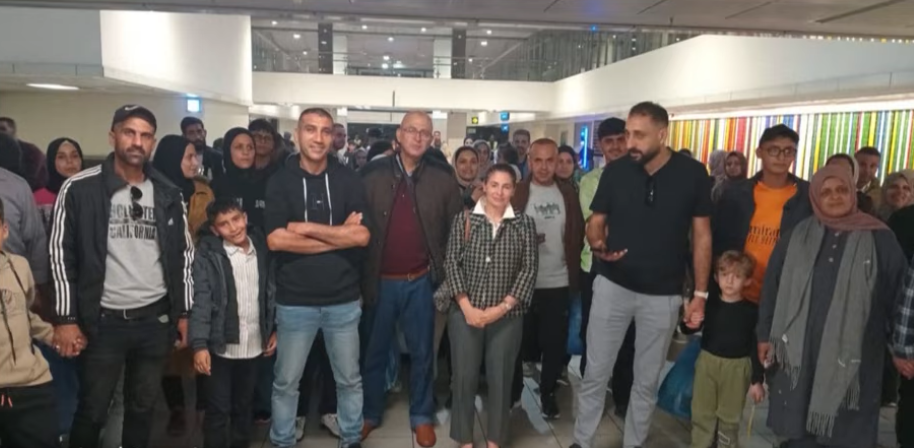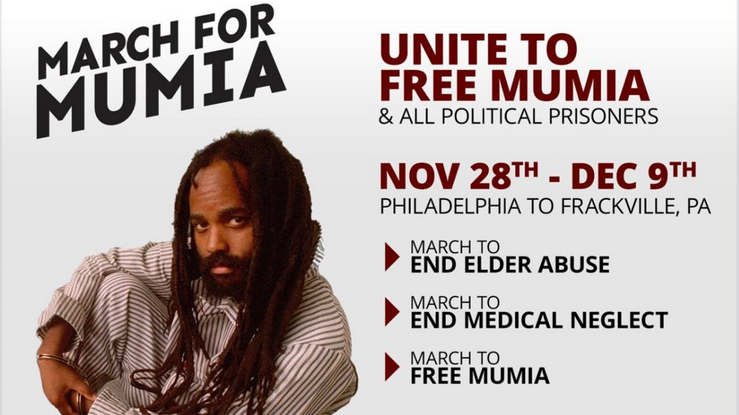Coffins of past African victims seeking a better life
Millions if Africans perished during the Middle Passage, with many thrown overboard from ships.
Nowadays, thousands of Africans drown as they seek to migrate to Europe in often overcrowded not-sea-worthy vessels controlled by smugglers.
During the Middle Passage the victims were either tossed into the sea –some jumped out of desperation. They were captives destined to the New World; enslaved Africans. Today, Africans pay as much as $3,000 to $5,000 to human traffickers, in an attempt to make it to better economic pastures in Europe.
Of course there is no comparison between the genocidal scale of Maafa and what’s now happening. Nevertheless we are still faced with an ugly calamity that needs to be confronted squarely.
This weekend, as many as many as 700 are believed to have perished when a ship whose destination is believed to have been Lampedusa, an Italian island and gateway to Europe, capsized.
As many as 1,600 Africans are believed to have died in the past three months alone, attempting this voyage. In 2014 about 3,200 are believed to have died.
Through the years, thousands of African have drowned trying to make this trip. Hundreds, perhaps thousands more, have died or been killed by human-traffickers, as they trek by land, across Egypt, through the desert of the Sinai and into Israel.
Many Africans who make it to Israel are confined to camps; recently some have been deported to countries like Uganda and Rwanda.
Although most of the desperate migrants come primarily from two African countries, Somalia and Eritrea, the fact that any African should perish trying to seek a better life in Europe is a tragedy on many levels.
Until recently, African economies had been growing at a rapid rate, averaging more than 5% annually, for over 10 years now, fueled by the boom in commodity prices and emerging middle classes. But in many African countries the wealth has not been enjoyed by people at the grassroots level; the economic growth generally benefits the political and military elite.
Libya, before it was destroyed by the NATO-backed war against the Muammar al-Quathafi regime, with its small population and oil wealth, was a destination of choice for many migrant workers from elsewhere in Africa. With the destruction of the Libyan state and its economy, tens of thousands of Africans have lost this source of income as migrant workers in Libya.
This has forced some of them to make the risky voyage; they continue to attempt the journey even though there are no shortage of stories of disasters as ships routinely capsize. In addition to the general chaos, Libya also became inhospitable after the NATO-backed insurgents launched ethnic cleansing campaigns against Black Libyans and migrants from other African countries during the war.
Much of the blame for the current tragedy is due to myopia and incompetence on the part of many African leaders.
Even without the political unity that visionaries like Kwame Nkrumah once dreamed of, with economic integration Africans from countries that are not faring that well economically would have been abble to travel for work in other African countries. Open flow of labor, goods and services, and capital is a critical component of economic development.
On the other hand we recently witnessed the despicable attacks against migrant workers, including undocumented ones, in South Africa, resulting in deaths and destruction in property and businesses.
This is a shameful development considering the sacrifices that many African countries made towards the liberation of South Africa from apartheid. Sadly, in South Africa, what Steve Biko once warned against, has transpired. A rich elite has emerged and African faces have replaced the White political leadership: however, the essence of apartheid remains, which is control over the economy and the land by a minority White elite and their new Black partners.
Rather than drown during the desperate voyages to Europe, it would be much better if these enterprising Africans, yearning for a better life, could channel their energy and creativity into removing incompetent leadership in some African countries.






